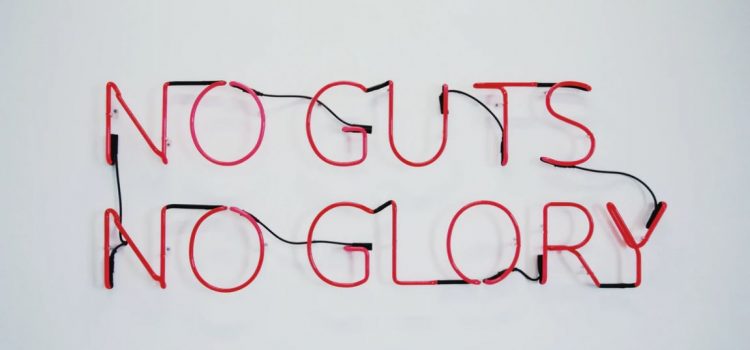What makes a good story? What are the key elements of a story that’s enticing and compelling to read? It’s one thing to be a good writer, but it’s another thing to know how to write a good story. To keep your readers’ attention throughout the piece, the beginning, middle, and end of a story should flow together logically and coherently. Here are some tips from writer and journalist William Zinsser.
How to Write the Beginning, Middle, and End of a Story










